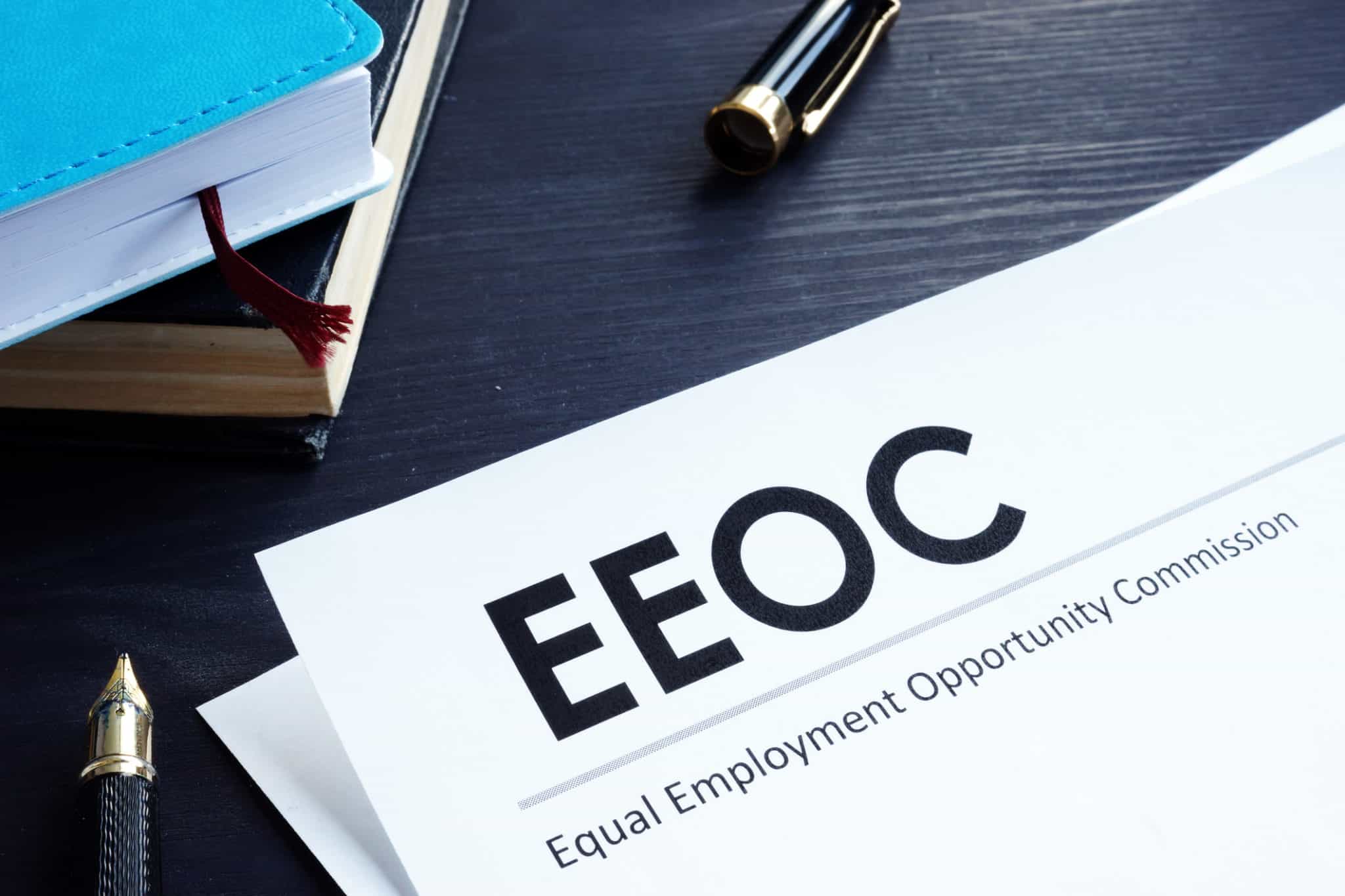
Holden Hopkins is a student at Harvard Law School.
In today’s News & Commentary, concerns about AI-based discrimination in hiring, Boston hotel workers on strike, and more women of color are obtaining leadership roles in their unions.
The EEOC has raised concerns to federal lawmakers about the potential for AI to be used to facilitate discrimination in hiring job candidates according to reporting by Bloomberg Law. The agency cited a number of cases as emblematic of the problem, including companies which had used AI-hiring software to systematically exclude certain candidates on the basis of age, gender, and nationality.
The report raised concerns over the growing dependence on “AI to manage the workplace has the potential to outpace our nation’s capacity to ensure that they are deployed in a manner that comports with federal anti-discrimination laws.” In order to combat this trend, an accompanying letter from the agency’s head of legislative affairs stressed the need for “resources to keep pace with the use of these increasingly sophisticated tools and their potential impact on equal employment opportunity.”
Amid the ongoing strikes against Hilton that Esther reported on, two Boston area Hilton hotels are now the subject of open-ended strikes. On Friday, workers walked off the job at the Hilton Boston Logan and Boston Park Plaza hotels after the company failed to meet the union’s demands. UNITE HERE Local 26 represents the workers, who say they will not return to work until Hilton agrees to a new contract that includes higher pay and better working conditions.
New reporting shows that Black and Latine women are increasingly obtaining leadership roles in their unions. While women make up about half of union membership, the rates of representation in leadership for women, and especially women of color, has lagged behind. But over the past five years, more and more top leadership positions have gone to women. Most notably, this has included the top leadership of some of the country’s largest unions, including SEIU, NEA, National Nurses United, and the AFL-CIO.
This increase in representation has also corresponded with unions focusing more attention on the race-gender pay-gap, parental leave, harassment policies, and other issues which may have been overlooked by previous generations of union leadership.






Daily News & Commentary
Start your day with our roundup of the latest labor developments. See all
February 17
San Francisco teachers’ strike ends; EEOC releases new guidance on telework; NFL must litigate discrimination and retaliation claims.
February 16
BLS releases jobs data; ILO hosts conference on child labor.
February 15
The Office of Personnel Management directs federal agencies to terminate their collective bargaining agreements, and Indian farmworkers engage in a one-day strike to protest a trade deal with the United States.
February 13
Sex workers in Nevada fight to become the nation’s first to unionize; industry groups push NLRB to establish a more business-friendly test for independent contractor status; and UFCW launches an anti-AI price setting in grocery store campaign.
February 12
Teamsters sue UPS over buyout program; flight attendants and pilots call for leadership change at American Airlines; and Argentina considers major labor reforms despite forceful opposition.
February 11
Hollywood begins negotiations for a new labor agreement with writers and actors; the EEOC launches an investigation into Nike’s DEI programs and potential discrimination against white workers; and Mayor Mamdani circulates a memo regarding the city’s Economic Development Corporation.